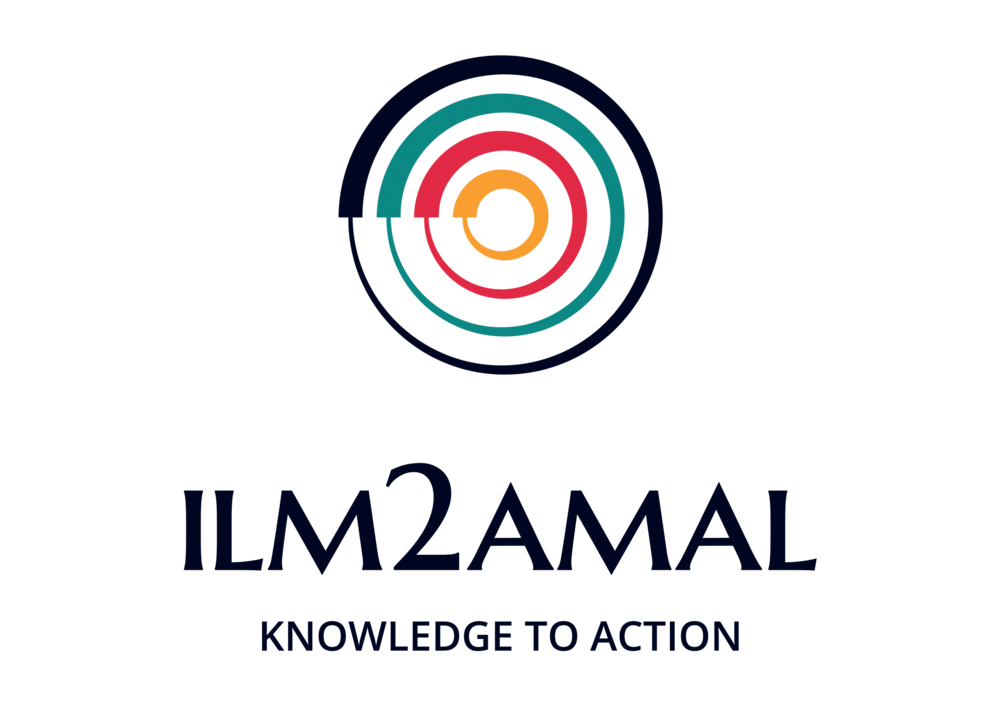Discussing the genocide in Palestine with Your Children:How to Tackle the Subject
Discussing the war in Palestine with children requires sensitivity, as it is a complex and emotionally charged issue. Here are some tips on how to approach this conversation.
Educate Yourself
Ensure that you have an understanding of the conflict and its history. This will help you to provide accurate information and answer questions. That being said, if you don't have all the answers, be honest about it. It's okay to show your children that you are still learning too.
Encourage Questions
Create an open and non-judgmental space and let your child know it's okay to ask questions. This allows children to express their curiosity and concerns freely. Be prepared to address their concerns, to help them feel more comfortable discussing the topic with you.
Use Age-Appropriate Language
Use simple language and avoid overwhelming details. Tailor your discussion based on your child's age. Younger children may need a simpler explanation, while older children can handle more complexity. Explain concepts in simple terms for younger children and gradually introduce more complexity as they grow older. Avoid using overly political or divisive language.
Contextualise
Consider sharing analogies of playground bullying to allow children to approach the conflict from a framework that is easier for them to understand. Open up discussions around the best ways to raise awareness of and tackle bullying in a school setting and what that might look like for the oppressed victims of this war.
Promote Empathy
Encourage your child to consider the feelings and experiences of people suffering during this escalation. This helps to develop empathy and a more nuanced understanding. Focus on the impact on civilians, including children like them, and discuss the need for compassion and support for those who are suffering.
Discuss the Need for Justice & Peaceful Solutions
Talk about the importance of making decisions with fairness and justice. Highlight historical examples from the Prophet’s (pbuh) life, where conflicts were resolved through dialogue and negotiation. Discuss ways in which individuals, including children, can contribute to peace by raising awareness and using their voice to speak up for those who are unable to.
Limit Exposure to Graphic Images
Be mindful of the images and videos your child may come across on YouTube or gaming apps. The conflict often involves distressing visuals, so monitor their media consumption to protect them from unnecessary trauma.
Emphasise Hope
While discussing the challenges, highlight positive stories and examples of individuals who are supporting their communities even during times of difficulty. Discuss the bravery of journalists and first responders who are sharing stories and saving lives. This can instil a sense of hope and empowerment.
Connect to Personal Values
Relate the discussion both to Islam, and to your family's values and principles. Help your child understand the importance of tolerance, respect for diversity, and the pursuit of justice. Look at supporting Ahadith and verses of the Qur’an, to help give your child some context and hope in light of Islam.
Remember that these conversations are ongoing, and it's essential to create an environment where your child feels comfortable discussing complex issues openly. If the conversation becomes too emotional or overwhelming, be open to pausing the discussion. Let your child know that it's okay to take breaks and come back to the topic later.

